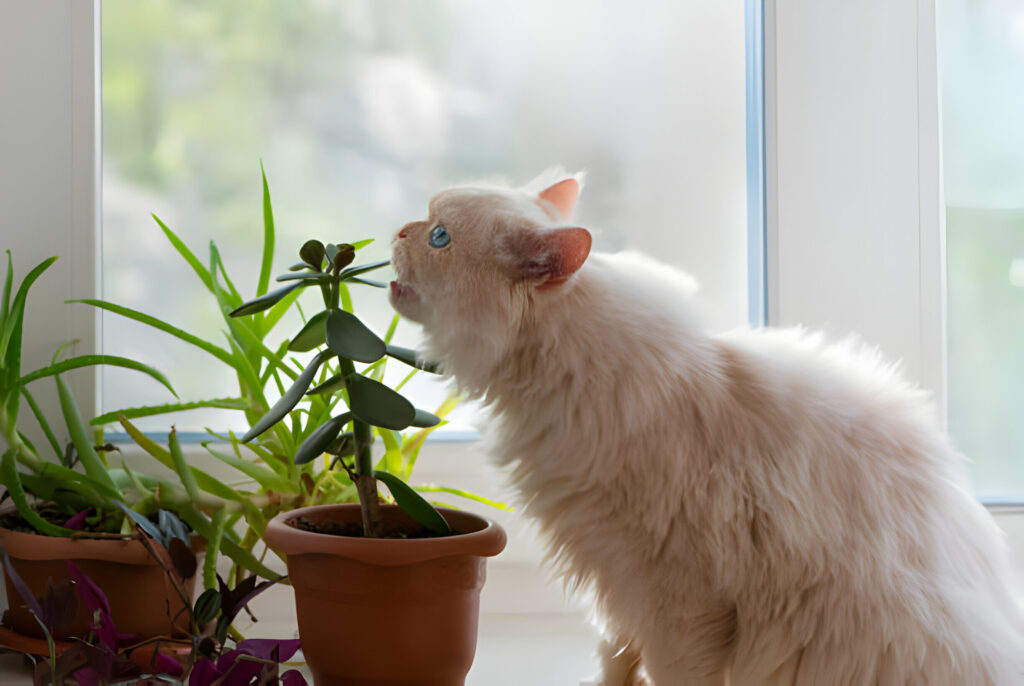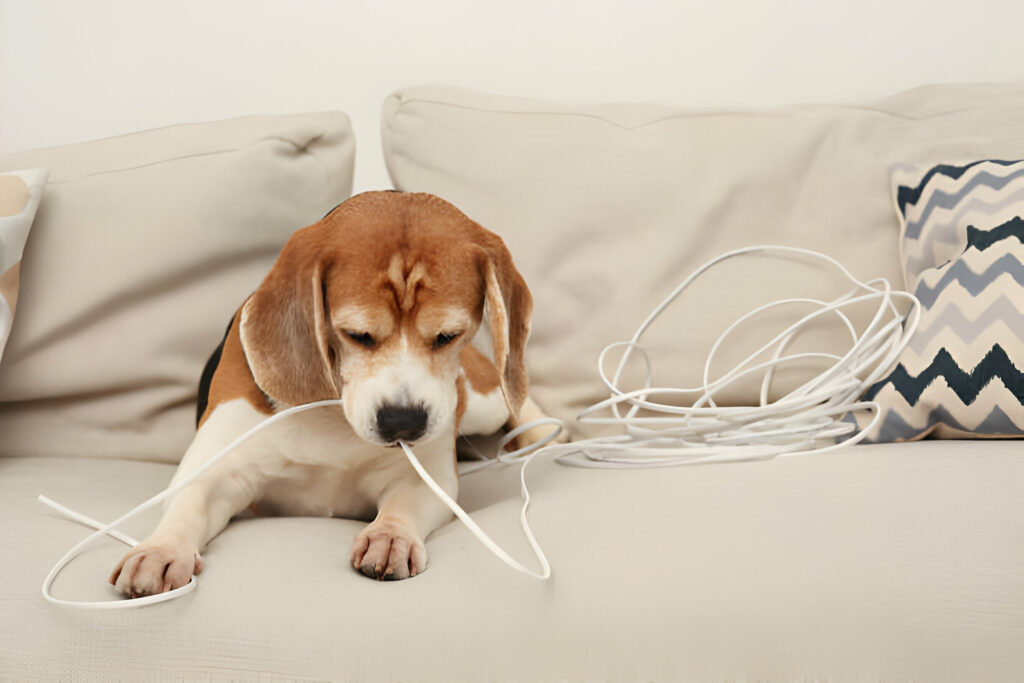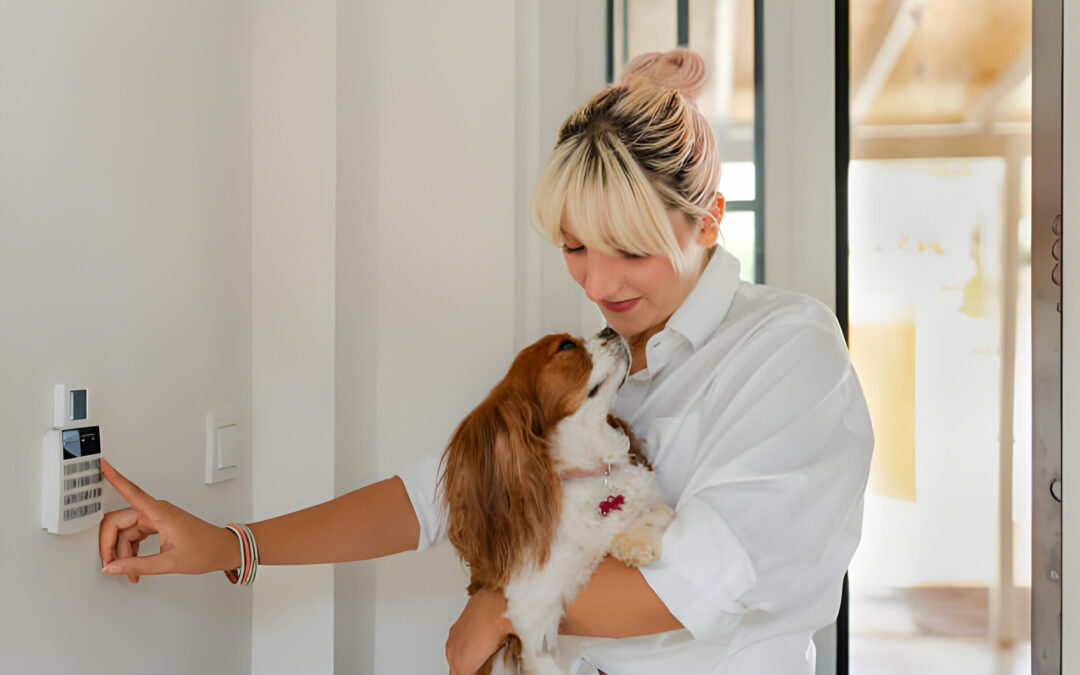Our furry companions bring so much joy and love into our lives, but as pet owners, it’s essential to be aware of the potential dangers lurking within our homes. From seemingly harmless household items to everyday foods, there are many hazards that can pose a threat to our pets’ well-being. Let’s explore some of the common household dangers for pets and discuss ways to keep our beloved companions safe.
1. Toxic Foods: While certain foods are safe for humans, they can be toxic to pets. Chocolate, grapes, raisins, onions, garlic, and products containing xylitol (a sugar substitute) are just a few examples of foods that can be harmful to dogs and cats. Even small amounts of these substances can lead to serious health issues such as kidney failure, liver damage, or even death. It’s crucial to keep these items out of reach and never share them with your pets.
2. Household Plants: Many common houseplants, such as lilies, azaleas, and philodendrons, are toxic to pets if ingested. Even plants that are considered safe for humans, like aloe vera and jade plants, can cause digestive upset or other health problems in pets. Before bringing a new plant into your home, research its toxicity level and ensure it’s safe for your furry friends. Additionally, try to keep plants out of your pet’s reach or consider hanging them from the ceiling to prevent curious nibbling.

3. Medications: Prescription and over-the-counter medications can be extremely harmful to pets if ingested. Painkillers, antidepressants, and even common household drugs like ibuprofen can cause serious complications in cats and dogs. Always store medications in secure cabinets or containers out of your pet’s reach, and be cautious when administering them. If your pet requires medication, follow your veterinarian’s instructions carefully and never give them medication intended for humans without professional guidance.
4. Household Cleaners: Many household cleaners contain chemicals that can be toxic to pets if ingested or inhaled. Bleach, ammonia, and toilet bowl cleaners are particularly hazardous and can cause irritation to the skin, eyes, and respiratory system. When cleaning your home, keep your pets in a separate room or crate to prevent accidental exposure to cleaning products. Opt for pet-safe cleaning solutions or natural alternatives whenever possible, and always follow the manufacturer’s instructions for proper use and storage.
5. Small Objects: Pets, especially puppies and kittens, are naturally curious creatures and may investigate small objects by chewing or swallowing them. Items like rubber bands, hair ties, coins, and small toys can pose a choking hazard or cause intestinal blockages if ingested. Keep these items stored securely in drawers or containers, and be mindful of clutter on the floor that your pet could potentially get into.
6. Electrical Cords: Exposed electrical cords are not only a tripping hazard but also a potential danger to pets who may chew on them. Chewing on cords can result in electric shock, burns, or even electrocution. To prevent accidents, secure cords out of your pet’s reach or use protective coverings to deter chewing behaviour. Supervise your pet closely when they’re in areas with electrical appliances, and consider using cordless alternatives whenever possible.

As responsible pet owners, it’s our duty to create a safe environment for our furry companions. By being aware of common household dangers and taking proactive measures to prevent accidents, we can help ensure our pets live long, happy, and healthy lives. From keeping toxic foods and plants out of reach to securing household cleaners and electrical cords, every precaution counts when it comes to protecting our beloved pets.
If you have any concerns or further questions about your pet, please book in for a consultation either online or by calling our awesome reception team on 9369-1822.

